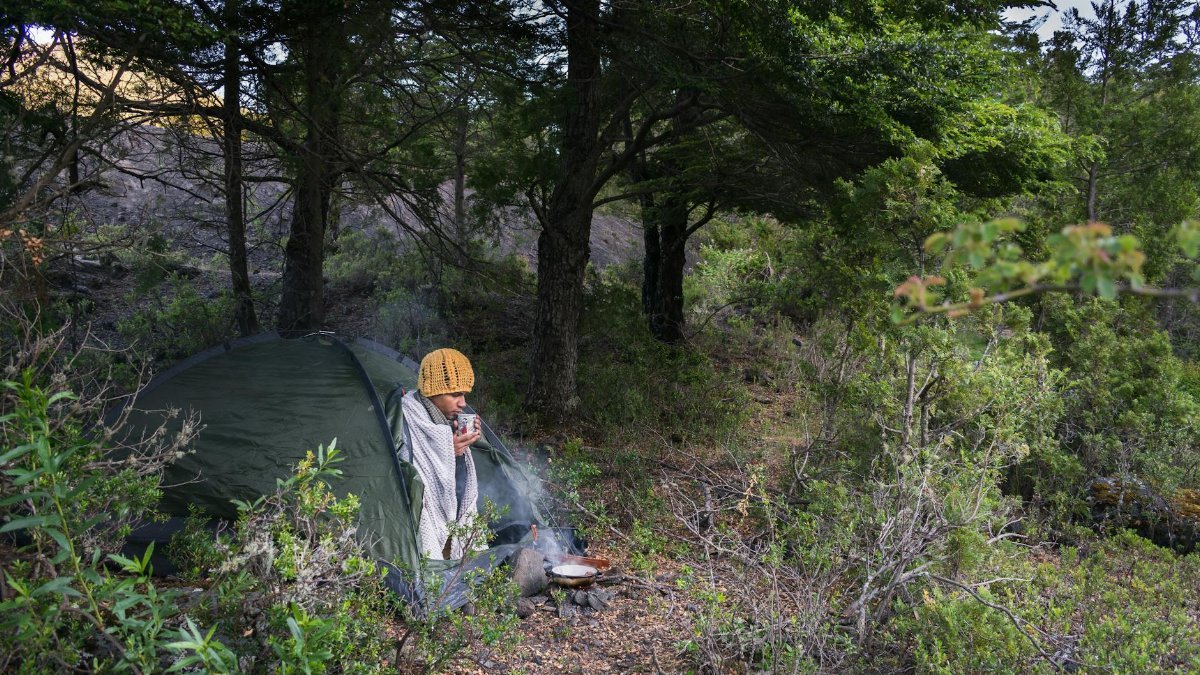GRAMMY Camp mindfulness is causing a major shift in youth music programs this year. The GRAMMY Museum has unveiled an innovative addition to its 2025 summer camps, integrating daily mindfulness practices into sessions across three major U.S. cities. This expansion aims to support young artists not just musically, but mentally and emotionally, with structured breath-work sessions designed to reduce stress. As mental health takes center stage in educational and creative spaces, this initiative could set a new standard for how arts programs nurture talent.
Expansion Across Three Iconic Cities

The GRAMMY Museum is rolling out its expanded camp program in three cultural hubs: Miami on June 8, Los Angeles on July 13, and New York City on July 27. Each location will host aspiring young musicians, offering them a unique blend of artistic training and personal wellness. This geographic spread ensures accessibility for students from diverse regions, amplifying the reach of the program’s new mindfulness focus. The choice of these cities also ties into their vibrant music scenes, providing an inspiring backdrop for participants.
Daily Breath-Work Sessions Take Center Stage

A cornerstone of the 2025 GRAMMY Camp is the introduction of 20-minute daily breath-work sessions. These structured exercises aim to help students manage stress and maintain focus during the intensive camp experience. Led by artist René Rapp, known for their dynamic presence in the music industry, the sessions are designed to ground participants and enhance their creative output. This addition reflects a growing recognition of the pressures young artists face and the need for tools to navigate them.
René Rapp’s Role in Guiding Mindfulness
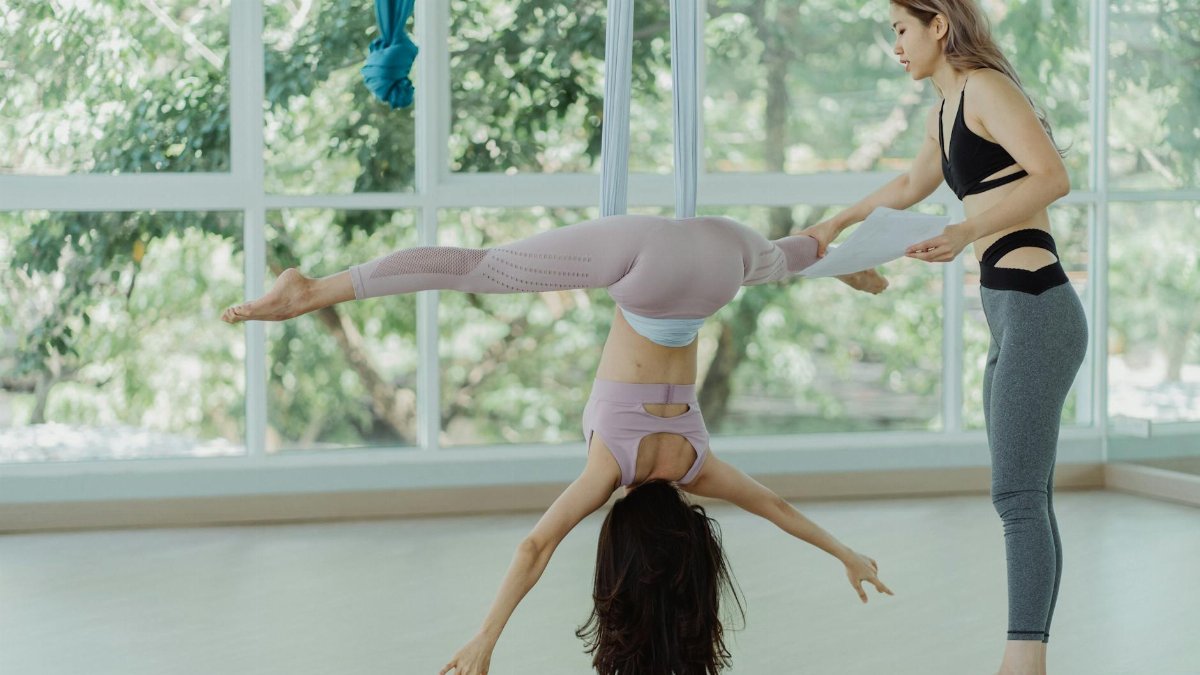
René Rapp, a celebrated artist with a deep connection to the music world, will lead the mindfulness component at each camp location. Their involvement brings a relatable and authentic voice to the breath-work sessions, bridging the gap between artistic expression and mental well-being. Rapp’s guidance is expected to resonate with students, offering them practical techniques to center themselves amidst the demands of performance and competition. This personal touch could make the mindfulness module a standout feature of the program.
Measuring Impact with Stress Surveys
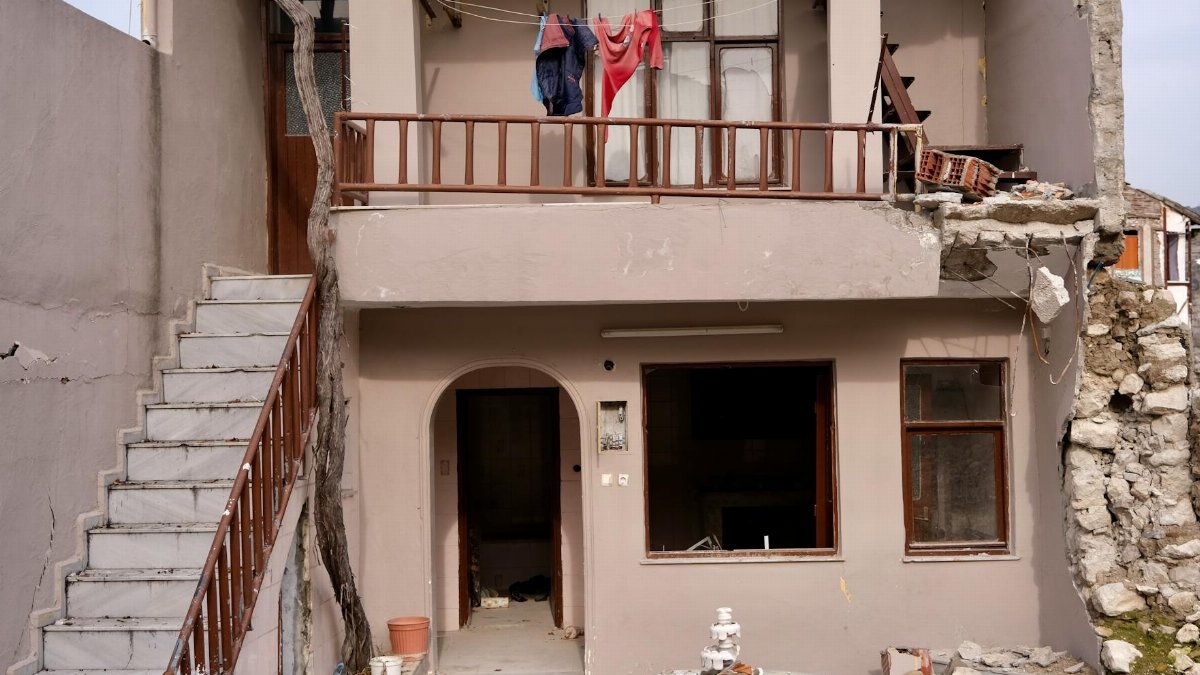
To gauge the effectiveness of the GRAMMY Camp mindfulness initiative, the program will involve 172 students in a structured evaluation process. Participants will complete baseline stress surveys at the start of each camp and follow-up surveys upon completion. This data collection aims to provide concrete insights into how the breath-work sessions influence stress levels among young musicians. The results will be compiled into a fall impact brief, offering a detailed look at the program’s success in supporting mental health.
A Broader Focus on Mental Health in Arts Education
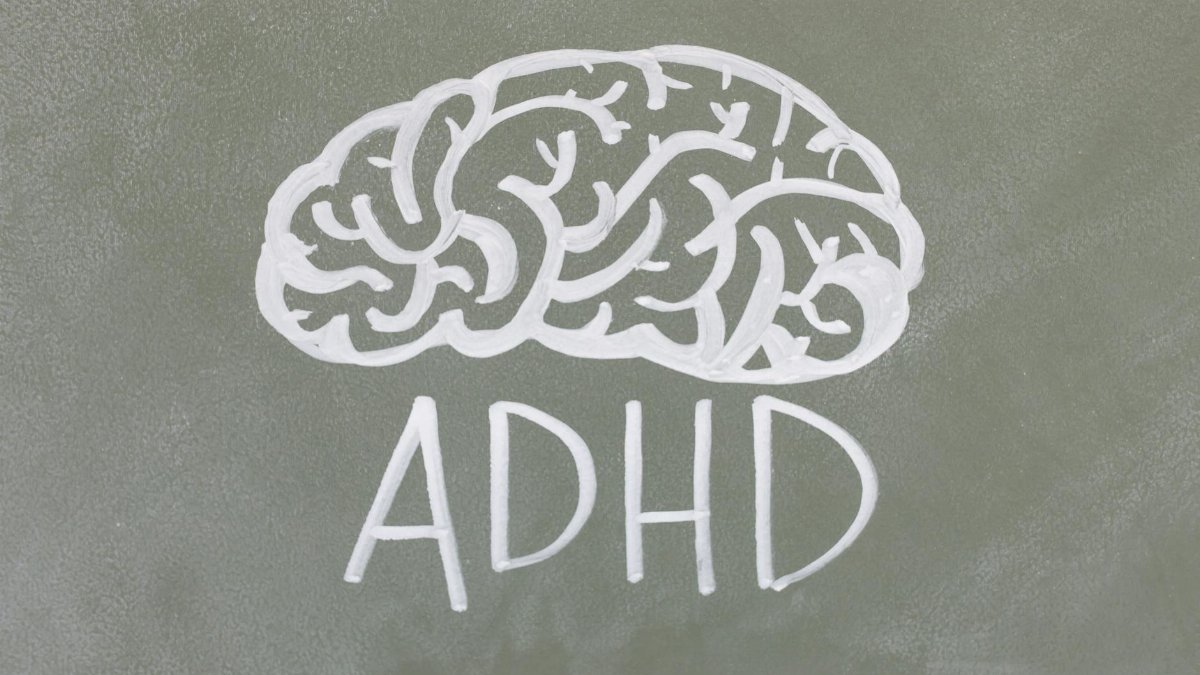
The integration of mindfulness into GRAMMY Camp aligns with a broader trend in 2025, where arts education increasingly prioritizes mental health. Young artists often face intense pressure to perform, coupled with the emotional challenges of adolescence. Programs like this one signal a shift toward holistic development, ensuring students are equipped to handle both creative and personal hurdles. For more on mental health trends in education, see resources from the CDC Mental Health page.
Setting a Precedent for Youth Programs

The GRAMMY Camp mindfulness module could serve as a model for other youth programs nationwide. By embedding wellness practices into a high-profile music camp, the GRAMMY Museum is demonstrating that mental health support can coexist with artistic training. This initiative may inspire similar efforts in other creative fields, addressing a critical need for balance in competitive environments. Additional context on youth mental health initiatives can be found through the National Institute of Mental Health.
What’s Next for GRAMMY Camp Participants
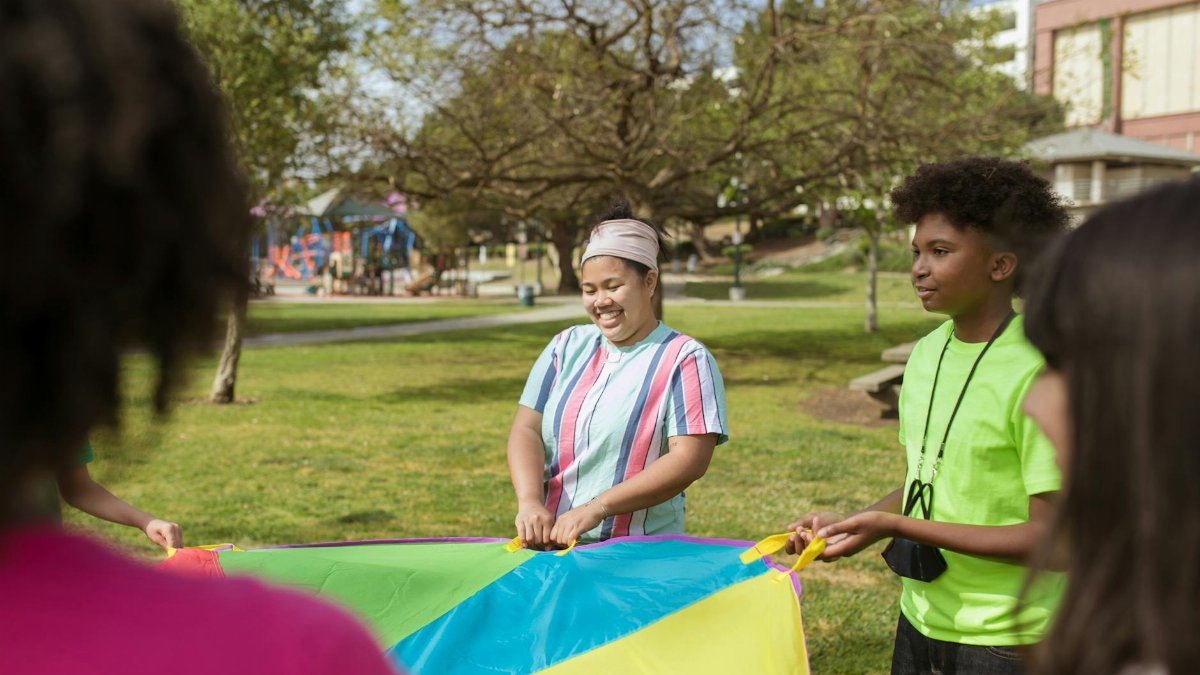
As the camps unfold across Miami, Los Angeles, and New York City, the focus will be on both immediate experiences and long-term outcomes. The fall impact brief, based on the stress surveys, will offer a window into whether these mindfulness practices deliver measurable benefits. For the 172 students involved, the skills learned—both musical and mental—could shape their future in the industry. This dual emphasis on talent and well-being marks a progressive step for arts education in 2025.
